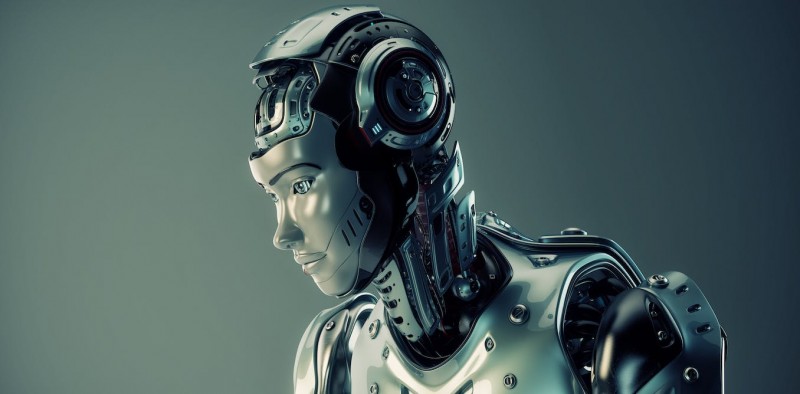
In today's rapidly evolving technological landscape, the term "artificial intelligence" has become ubiquitous. From self-driving cars to voice assistants and recommendation systems, AI is playing an increasingly significant role in our lives. But how does artificial intelligence work? In this article, we'll delve into the fundamental concepts behind AI, exploring its processes, applications, and potential future advancements.
Artificial intelligence, often abbreviated as AI, refers to the simulation of human intelligence in computers. It involves creating algorithms and models that allow machines to perform tasks that typically require human cognitive functions. There are different levels of AI, including Narrow AI, which specializes in a specific task, and General AI, which possesses human-like intelligence across various domains.
Machine learning forms the foundation of AI. It is a subset of AI that focuses on enabling computers to learn from data without being explicitly programmed. Supervised learning involves training models on labeled data, while unsupervised learning identifies patterns in unlabeled data. Reinforcement learning allows agents to learn by interacting with an environment and receiving rewards or penalties.
Deep learning, a subset of machine learning, employs neural networks inspired by the human brain. These networks consist of interconnected nodes that process and transmit information. Through training and backpropagation, neural networks learn to recognize complex patterns and features.
Natural Language Processing (NLP) enables machines to understand, interpret, and generate human language. Sentiment analysis gauges the emotional tone of text, while language generation produces coherent human-like text.
In computer vision, AI can interpret and understand visual information. Image classification categorizes images into classes, object detection identifies and locates objects within images, and facial recognition recognizes individuals based on facial features.
AI finds applications in various fields, such as healthcare, where it aids in diagnosis and treatment planning. In finance, AI algorithms analyze market data for trading decisions. The automotive industry benefits from AI in self-driving cars, and entertainment employs AI for content recommendation.
Data plays a pivotal role in AI development. Large datasets are used for training AI models, and data preprocessing ensures its quality and relevance. Ethical concerns in AI include algorithmic bias, data privacy, and the potential for job displacement.
Looking ahead, AI research continues to advance, with potential breakthroughs in creative AI and enhanced human-AI collaboration. As AI becomes more integrated into our lives, ethical considerations and responsible AI development become imperative.
Recipe for Aloo Paratha: 7 Steps to Make Stuffed Paratha
What is the Best Fennel Substitute?
Amazon Sale to have huge Affordabilities on ANC Ear and Headphones